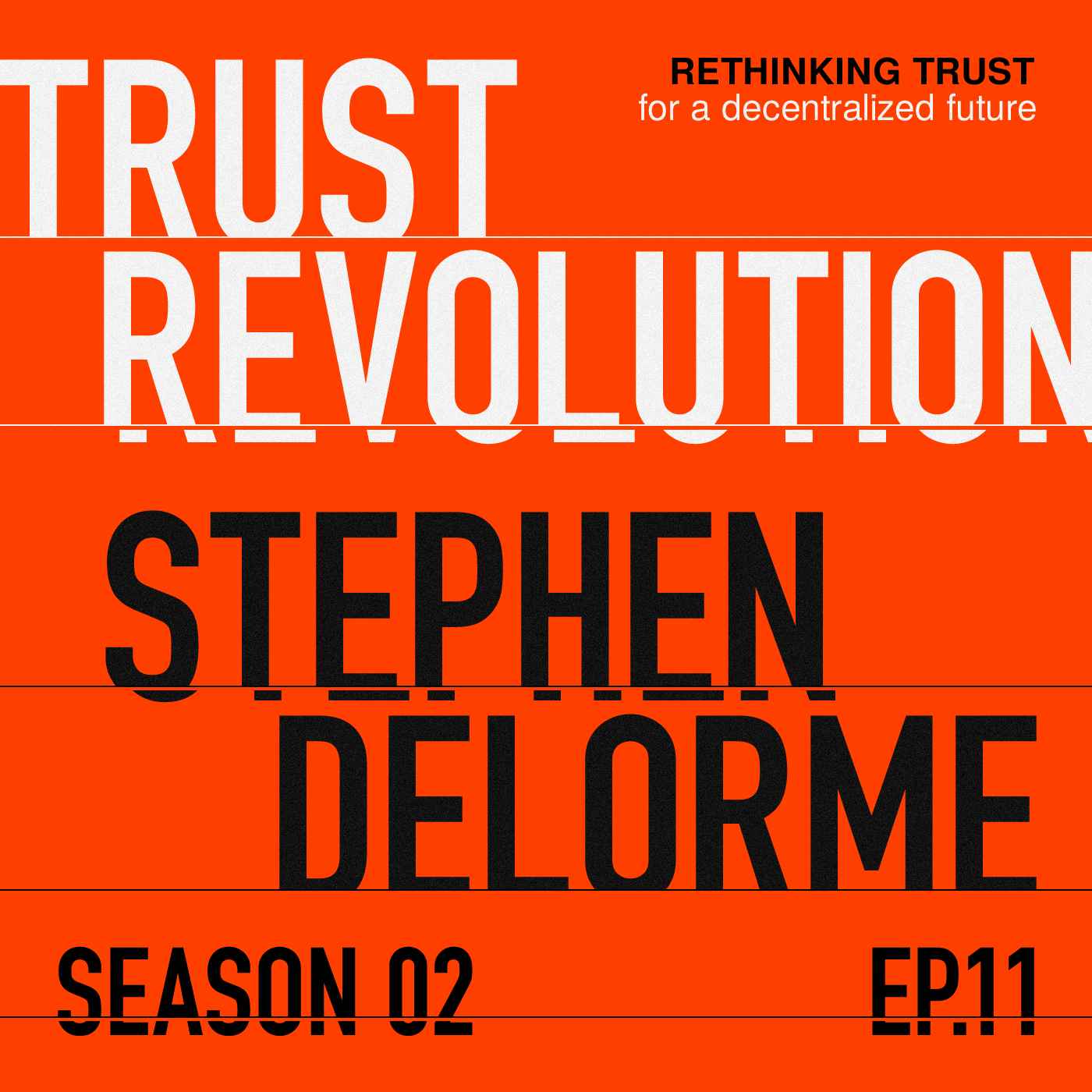Podcast Episode Details
Back to Podcast Episodes
S02E11 Stephen DeLorme – Bitcoin and Freedom by Design
Season 2 Episode 11
“It's really difficult to engineer freedom tech—solutions that require you to kind of take ownership of your money, take ownership of your data. These things typically have engineering solutions that are harder to build; they might take a longer time to build, or it might actually require the user to kind of learn something new.”
Two days after Square unleashed Bitcoin payments on four million merchants, we're asking the uncomfortable question: what if buttery-smooth UX beats self-custody every time?
Episode Summary
Stephen DeLorme designs Bitcoin products at Voltage and helps run Atlanta's ATL BitLab. He's spent years working on the UX problems that make freedom tech hard to use. This conversation explores the tension between purity and adoption, recorded just 48 hours after Square's custodial Bitcoin launch reached millions of merchants. DeLorme argues that freedom tech's disadvantage isn't just technical—it's that most people in stable democracies don't feel the urgency to own their data or money until it's too late. He breaks down why good UX isn't just a design problem but an engineering challenge, how privacy tools gain users when partisan panic swings every four years, and whether beautiful surveillance will always beat ugly freedom. The stakes: if self-custody tools remain hard to use, centralized alternatives win by default. But DeLorme sees a path forward—freedom tech that works its way into daily life without users even knowing it's there, turning ideology into infrastructure one better product at a time.
About the Guest
Stephen DeLorme is UX/UI Leader at Voltage, where he works on Bitcoin infrastructure and Lightning Network products. He co-founded ATL BitLab, Atlanta's Bitcoin hackerspace that hosts weekly meetups and developer events. Previously, he received a Spiral grant to contribute Lightning Network UX best practices to the Bitcoin Design Guide. He's also working on the Bitcoin Builder Kit, an open-source component library at Voltage designed to make Bitcoin UX easier for developers and consumable by AI systems. Before focusing on Bitcoin, DeLorme worked as a graphic designer and web developer, bringing a rare combination of design thinking and technical implementation to freedom tech products.
Key Quotes
“I don't think it has to involve friction. There's this kind of idea that as something becomes more accessible, when you find something early on, you like it more because you had to work hard to find it. I don't like that kind of hipster mentality of just because something is more accessible it's no longer good.” — Stephen DeLorme
“Good user experience is not just a design problem. Some UX problems have design solutions and some have engineering solutions. Sometimes it's just about working until we have the optimal engineering solution to make this stuff easier to use.” — Stephen DeLorme
“Privacy doesn't need to be a partisan idea. You're always at risk of having your privacy breached. But every four years as the pendulum swings, we get a new crop of people interested in privacy tech.” — Stephen DeLorme
Key Takeaways
- UX is both a design and engineering problem: Most Bitcoin products fail not because the interface is ugly but because the underlying engineering makes simple tasks complicated. Better UX often requires better protocols, not just prettier buttons.
- Freedom tech carries structural disadvantages: Self-custody solutions are harder to build, take longer to develop, and require users to learn new mental models. This creates a persistent advantage for centralized alternatives that abstract away complexity at the cost of control.
- Privacy adoption follows partisan cycles: Privacy tools see adoption spikes every four years when political power shifts and each side fears surveillance by the other. This c
Published on 11 hours ago